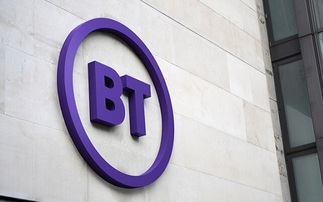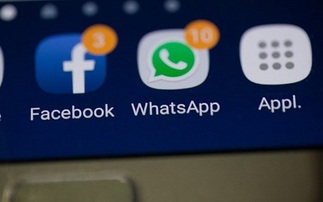Band could be used to improve internet services and connections across Europe
Chip company Qualcomm has confirmed plans to start selling off chunks of UK spectrum after details about its intentions were revealed earlier this month. Qualcomm, which we last met in the fallo...
To continue reading this article...
Join Computing
- Unlimited access to real-time news, analysis and opinion from the technology industry
- Receive important and breaking news in our daily newsletter
- Be the first to hear about our events and awards programmes
- Join live member only interviews with IT leaders at the ‘IT Lounge’; your chance to ask your burning tech questions and have them answered
- Access to the Computing Delta hub providing market intelligence and research
- Receive our members-only newsletter with exclusive opinion pieces from senior IT Leaders





















